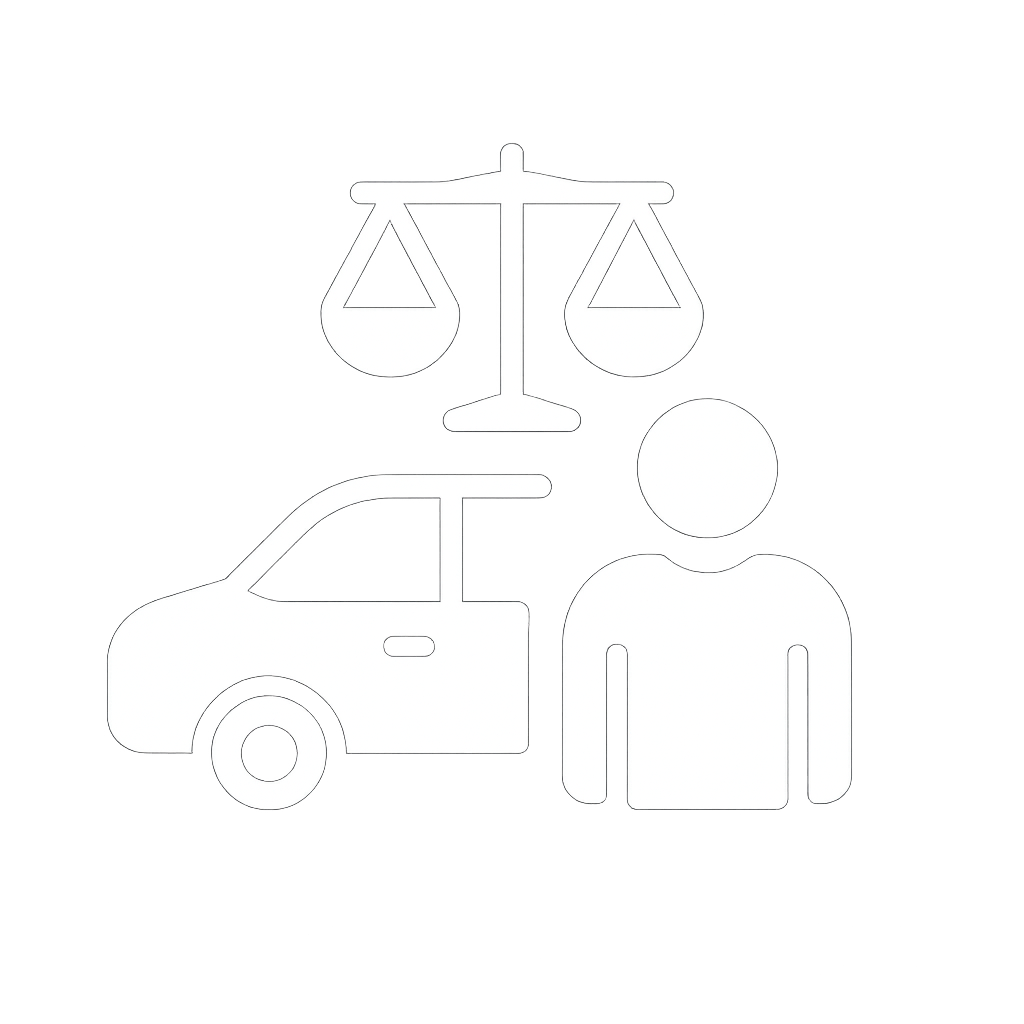Losing a loved one in a fatal accident can be a traumatic experience, and the emotional distress is often compounded by financial uncertainty. Families affected by such tragedies often seek justice and compensation for their loss. Understanding the legal aspects of a fatal accident is crucial in such situations. The concept of provides a framework for families to navigate the complex legal landscape, ensuring they receive the support and reparation they deserve. Legal guidance plays a vital role in helping families through this difficult time.
Understanding Wrongful Death – Legal Guidance for Families After a Fatal Accident
When a family loses a loved one due to the negligence or recklessness of another party, it can be a devastating experience. The emotional toll is compounded by the financial burdens that often follow such a tragic event. Families affected by a wrongful death need guidance on their legal rights and the steps they can take to seek justice and compensation. Wrongful Death – Legal Guidance for Families After a Fatal Accident is crucial in helping families navigate this complex and difficult time.Defining Wrongful Death
Wrongful death is a legal term used to describe a situation where an individual's death is caused by the negligence, recklessness, or intentional act of another person or entity. This can include a wide range of circumstances, such as car accidents, medical malpractice, workplace accidents, or criminal acts. To establish a wrongful death claim, it must be proven that the defendant's actions directly led to the death of the victim.The Legal Process for Wrongful Death Claims
The process of filing a wrongful death claim involves several key steps. Initially, the family or representatives of the deceased must determine if they have grounds for a claim. This involves assessing whether the death was indeed caused by another's negligence or wrongdoing. Once this is established, the next step is to file a lawsuit within the statute of limitations, which varies by jurisdiction. The lawsuit will seek compensation for various damages, including funeral expenses, loss of income, and emotional distress.Proving Liability in Wrongful Death Cases
To succeed in a wrongful death claim, it is essential to prove that the defendant was liable for the death. This requires gathering and presenting evidence that demonstrates the defendant's negligence or wrongdoing. Evidence can include witness statements, accident reports, medical records, and expert testimony. The burden of proof lies with the plaintiff, who must show that the defendant's actions were the direct cause of the death.Compensation Available in Wrongful Death Claims
Families who file a wrongful death claim may be entitled to various forms of compensation. This can include economic damages, such as the loss of financial support the deceased would have provided, as well as non-economic damages, like the loss of companionship and emotional support. In some cases, punitive damages may also be awarded if the defendant's actions were particularly egregious or reckless.The Importance of Seeking Professional Legal Guidance
Navigating the legal complexities of a wrongful death claim can be challenging, especially during a time of grief. Seeking the guidance of an experienced attorney who specializes in wrongful death cases can be invaluable. They can provide the necessary legal expertise to help families understand their rights and options, and to pursue the compensation they deserve.| Type of Damages | Description | Examples |
|---|---|---|
| Economic Damages | Compensation for financial losses | Loss of income, funeral expenses, medical bills |
| Non-Economic Damages | Compensation for non-financial losses | Loss of companionship, emotional distress, pain and suffering |
| Punitive Damages | Damages intended to punish the defendant | Awards in cases of gross negligence or reckless behavior |
Frequently Asked Questions?
What is considered a Wrongful Death?
A Wrongful Death occurs when an individual's life is taken due to the negligent or reckless actions of another party, which can include individuals, companies, or government entities. This can result from various incidents such as car accidents, medical malpractice, or workplace accidents. Families may seek legal guidance to understand their rights and the compensation they are entitled to.Who can file a Wrongful Death claim?
The ability to file a Wrongful Death claim varies by jurisdiction, but typically, immediate family members such as spouses, children, or parents of the deceased are eligible to file a claim. In some cases, other dependents or individuals who have suffered financially due to the death may also have the right to file. Consulting with a legal professional can help determine who is eligible to pursue a claim.What compensation can be expected in a Wrongful Death claim?
The compensation awarded in a Wrongful Death claim can cover a range of expenses and losses, including funeral costs, medical bills related to the fatal incident, loss of financial support, and the emotional suffering of the surviving family members. The specific amount and types of compensation can vary significantly depending on the circumstances of the case and the jurisdiction.How long does a Wrongful Death claim take to resolve?
The duration of a Wrongful Death claim can vary widely based on factors such as the complexity of the case, the willingness of parties to settle, and the court's schedule if the case goes to trial. Generally, some claims can be resolved relatively quickly through settlement negotiations, while others may take longer if they proceed to litigation, potentially taking months or even years to reach a conclusion.En este contexto, te invitamos a ver un video que ofrece una guía legal para las familias que enfrentan las complejidades de un caso de muerte por negligencia tras un accidente fatal.

